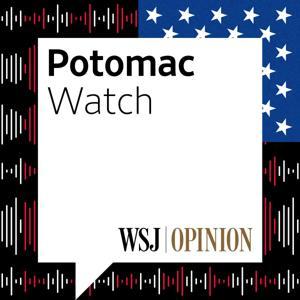
Sign up to save your podcasts
Or



By Cameron English





4.2
2626 ratings



The podcast currently has 333 episodes available.










The podcast currently has 333 episodes available.

90,849 Listeners

32,200 Listeners

15,450 Listeners

2,862 Listeners

2,666 Listeners

26,312 Listeners

4,274 Listeners

9,555 Listeners

274 Listeners

827 Listeners

6,441 Listeners

333 Listeners

940 Listeners

4,164 Listeners

7 Listeners